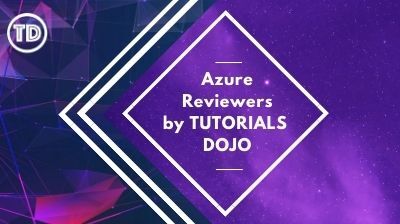Last updated on March 26, 2023
Google Cloud SQL Cheat Sheet
- A fully managed relational database service. Cloud SQL is available for:
- MySQL
- PostgreSQL
- SQL Server
Features
- Scale instantly with a single API call as your data grows.
- Automated and on-demand backups are available.
- You can restore your database instance to its state at an earlier point in time by enabling binary logging.
- Data replication between multiple zones with automatic failover.
- You can perform an analytics job by using BigQuery to directly query your CloudSQL instance.
Networking
- Can be easily connected to App Engine, Compute Engine, Google Kubernetes Engine, and your workstation.
Security
- Data is encrypted at rest and in transit and can be encrypted using customer-managed encryption keys.
- It supports private connectivity with Virtual Private Cloud.
- Every Cloud SQL instance includes a network firewall to allow you to publicly control network access to your database instances.
Pricing
- Price varies depending on how much storage, memory, and CPU you provision.
- Cloud SQL offers per-second billing and database instances.
- Committed use discounts are offered for continuous use of database instances in a particular region for a one-year or three-year term.
Validate Your Knowledge
Question 1
You are working for a finance company and are assigned to configure a relational database solution on Google Cloud Platform to support a small set of operational data in a particular geographical location. Your company requires the database to be highly reliable and supports point-in-time recovery while minimizing operating costs.
What should you do?
- Choose Cloud SQL (MySQL) and verify that the enable binary logging option is selected.
- Choose Cloud SQL (MySQL) and select the create failover replicas option.
- Choose Cloud Spanner and configure your instance with 2 nodes.
- Choose Cloud Spanner and set up your instance as multi-regional.
For more Google Cloud practice exam questions with detailed explanations, check out the Tutorials Dojo Portal:
Google Cloud SQL Cheat Sheet References:
https://cloud.google.com/sql
https://cloud.google.com/sql/docs/
https://cloud.google.com/sql/docs/mysql/backup-recovery/pitr




















